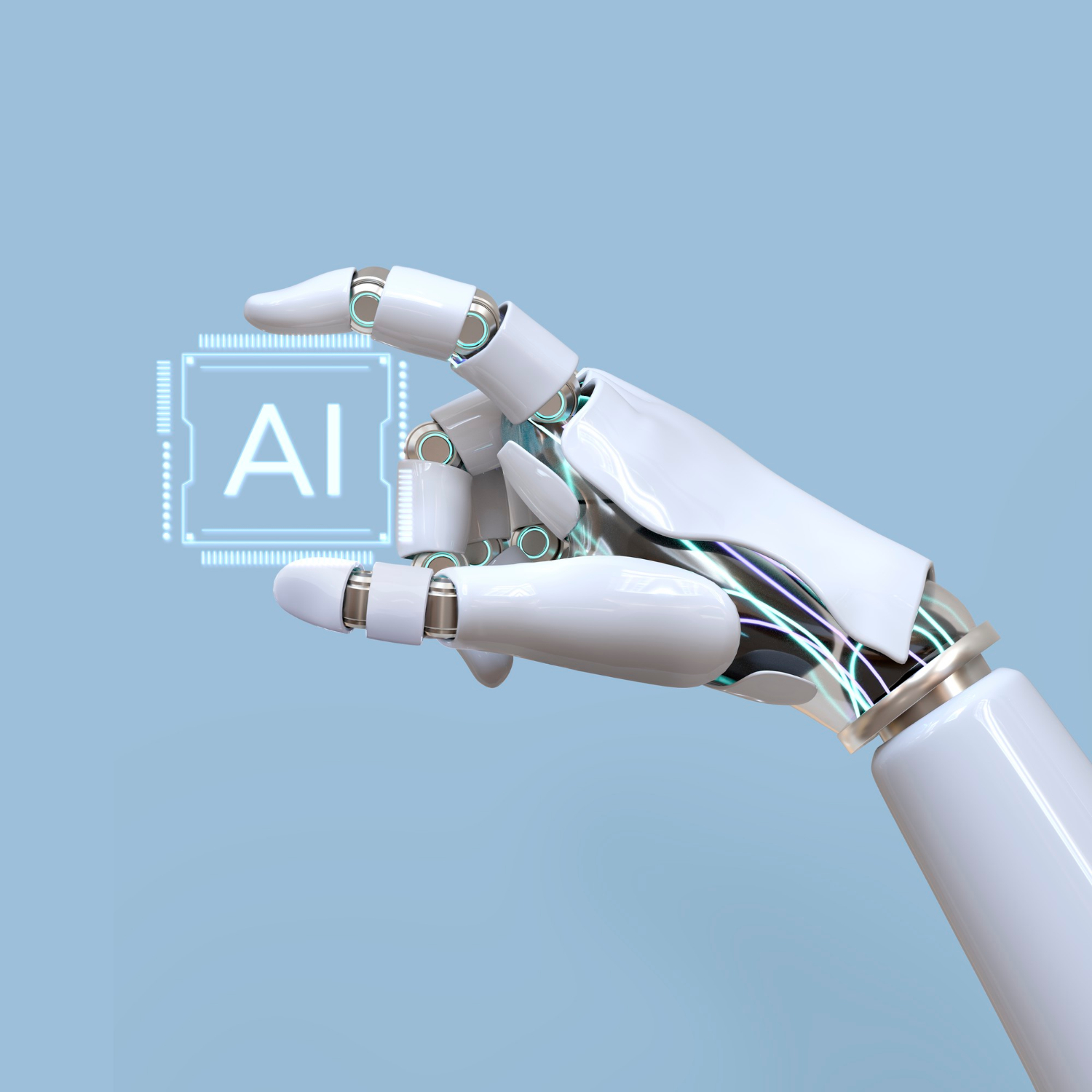- 10 May 2023
- 61
In the Hot Seat: OpenAI’s CEO Set to Testify Before Congress

OpenAI, the renowned artificial intelligence research organization, finds itself in the hot seat as its CEO prepares to testify before Congress. This high-stakes hearing comes at a critical time when concerns about the ethical implications and potential risks of artificial intelligence (AI) are at the forefront of public discourse. In this report, we will delve into the key issues surrounding OpenAI’s congressional testimony, shedding light on the challenges, controversies, and potential outcomes of this landmark event.
-
The Rise of OpenAI:
OpenAI, founded in 2015 by technology visionaries Elon Musk, Sam Altman, and others, has garnered significant attention for its advancements in AI research and development. The organization’s mission to ensure that artificial general intelligence (AGI) benefits all of humanity has earned it both accolades and scrutiny. As OpenAI’s influence and capabilities grow, so does the need for robust oversight and public discourse surrounding the ethical implications of AI.
-
The Congressional Inquiry:
The decision to summon OpenAI’s CEO to testify before Congress reflects the government’s recognition of the potential risks and societal impact of AI technology. The inquiry aims to examine OpenAI’s research practices, its approach to addressing ethical concerns, and the organization’s plans for ensuring AI’s responsible deployment. Congress seeks to strike a delicate balance between fostering innovation and safeguarding against unintended consequences that may arise from unchecked AI development.
-
Ethical Implications of AI:
The ethical implications of AI span a wide range of concerns, including bias and discrimination in AI algorithms, job displacement, privacy concerns, and the potential for misuse of AI technologies. As OpenAI pushes the boundaries of AI research and development, Congress is keen to assess the organization’s commitment to addressing these ethical challenges. The testimony will provide an opportunity to explore OpenAI’s strategies for ensuring transparency, fairness, and accountability in the deployment of AI systems.
-
Balancing Innovation and Regulation:
The congressional hearing also raises questions about striking the right balance between fostering innovation and implementing necessary regulations. While AI has the potential to revolutionize various industries and improve human lives, there is a growing recognition that safeguards must be in place to mitigate potential risks. OpenAI’s testimony will likely address the delicate equilibrium between encouraging innovation and protecting society from potential AI-related harm.
-
Collaboration and Public Engagement:
OpenAI has emphasized the importance of collaboration and open research to ensure the responsible development of AI. The organization has made significant contributions to the AI community by publishing research papers, sharing datasets, and fostering partnerships with academic institutions. However, questions may arise during the hearing regarding the need for increased public engagement, transparency, and accountability in AI research, particularly in cases where national security or proprietary concerns come into play.
-
Implications for AI Policy:
The outcome of OpenAI’s congressional testimony could have far-reaching implications for AI policy and regulation. Congress may consider drafting legislation that addresses the ethical use of AI, data privacy, algorithmic accountability, and the establishment of regulatory frameworks. OpenAI’s responses and commitments during the hearing will shape the public’s perception of the organization and may influence the direction of future AI policies and regulations.
-
Public Perception and Trust:
The congressional hearing serves as an opportunity for OpenAI to bolster public confidence in its commitment to responsible AI development. Addressing lawmakers’ concerns, clarifying the organization’s principles and practices, and demonstrating a proactive approach to addressing ethical challenges will be crucial in building and maintaining trust with both the government and the general public. OpenAI’s transparency and willingness to engage in constructive dialogue will be vital in shaping public perception of the organization.

